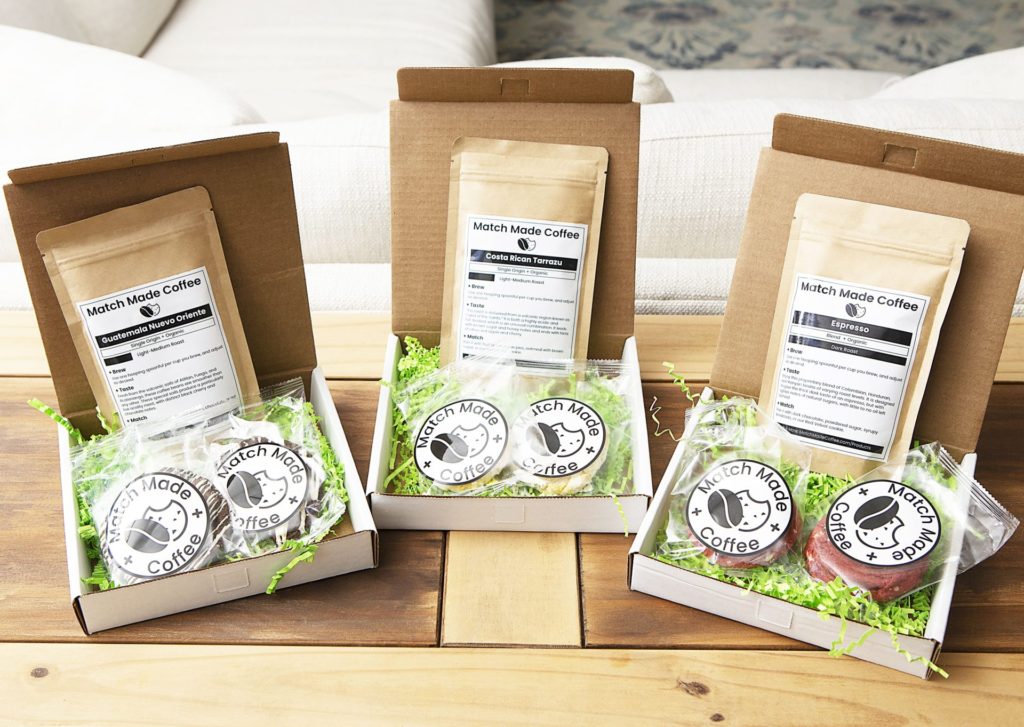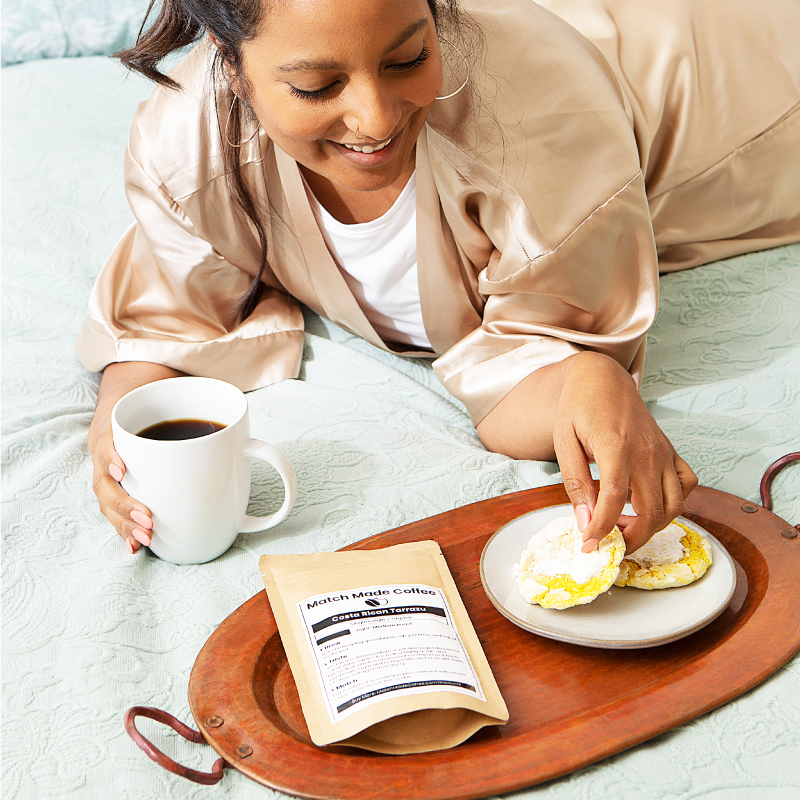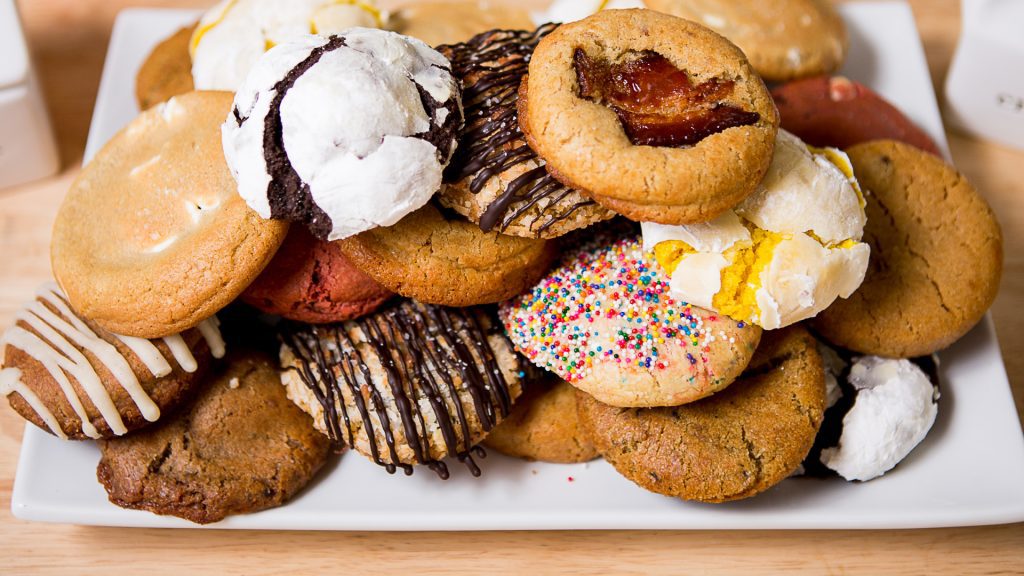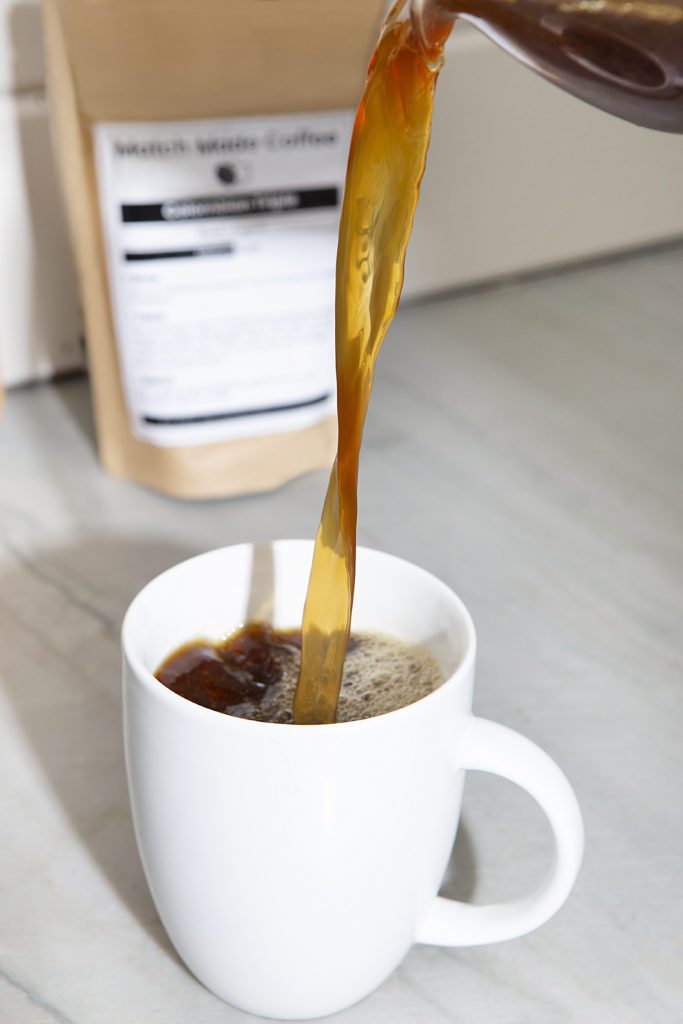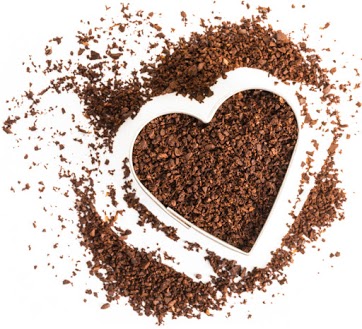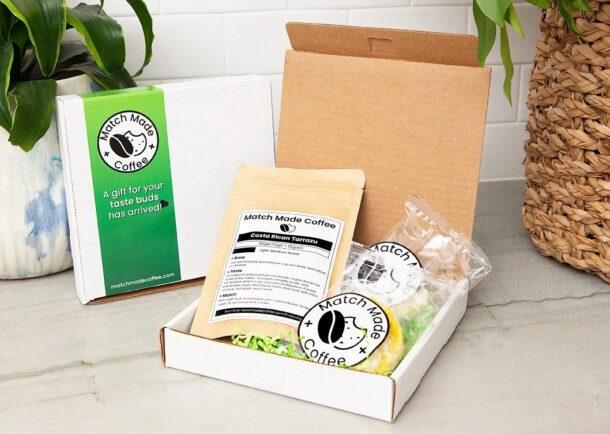
Every morning, after running through a few alarms, half of America groans and reaches for a cup of coffee, and something quick and on the go for a meal. What if you could add caffeine to your bagel or muffin, or sprinkle it on your eggs? Thanks to science, this is a possibility. The world’s most omni-present drug can now be even more omni-presentier.
And, what does caffeine powder taste like? It tastes like coffee, actually. When you’re tasting coffee, the slightly bitter taste that comes through is largely the caffeine flavor than the coffee flavor. In fact, decaffeinated coffee has bitter flavor added typically, just so that you recognize it as coffee flavored and not bleh flavored brown water. It’s why black tea has about 50% more caffeine than most teas and tastes the most bitter.

So, what should you sprinkle your caffeine powder on that won’t be totally gross? Well, that depends on you. Do you like coffee-flavored baked goods? Coffee flavored ice cream? If so, go for it. If you’re not opposed to slightly bitter tasting foods, it also goes decently with dark chocolate, kale, arugula, and sesame. Ever think you’d have a caffeinated salad? Well, now that you’ve read this, you certainly could. Or, perhaps you want to get the same caffeine kick but without having to worry about whitening your teeth? Pour some caffeine powder into your tea or a morning fruit shake. Sugar tends to help alleviate the bitterness (which is why so many people toss in cream, flavored syrup, and sugar into their coffees).
Aside from adding sugary stuff to your caffeine, another option is salt. Salt actually neutralizes the bitter flavor of caffeine, effectively canceling it out. Salt and pepper and caffeine with your eggs? Sure, why not. Salt and caffeine with your oatmeal? Go for it. We hope that a whole new world of peppiness has been opened up to you.
Keep in mind though, lots of the studies showing the benefits of coffee, do not study just caffeine. A big study published in June 2016 had researchers from Ulster University review 1,277 studies from 1970 through the time of the study, and it showed tons of benefits for people who drank up to 3 or 4 cups of coffee per day. If you’re just adding caffeine though, and it’s in its pure form, then you’re not getting the antioxidant benefits, just the “pick me up and take over the world punch it in the face” feeling. However, you may still have to watch out for the negative effects that start to pop up in some studies once you surpass that 4 cups of coffee mark. Amounts of caffeine per cup of coffee can vary pretty wildly, but to make it easy to remember, just assume 100mg of caffeine per cup. So, if you decide to make your caffeine powder food and drink experiments a regular thing, just measure it out and be smart about it; because it’s pretty easy to go overboard.
Amounts of caffeine per cup of coffee can vary pretty wildly, but to make it easy to remember, just assume 100mg of caffeine per cup. So, if you decide to make your caffeine powder food and drink experiments a regular thing, just measure it out and be smart about it; because it’s pretty easy to go overboard. What else do you think would go with caffeine powder? Would you like us to sell it in our store? Let us know in the comments, or via email.
What else do you think would go with caffeine powder? Would you like us to sell it in our store? Let us know in the comments, or via email.

